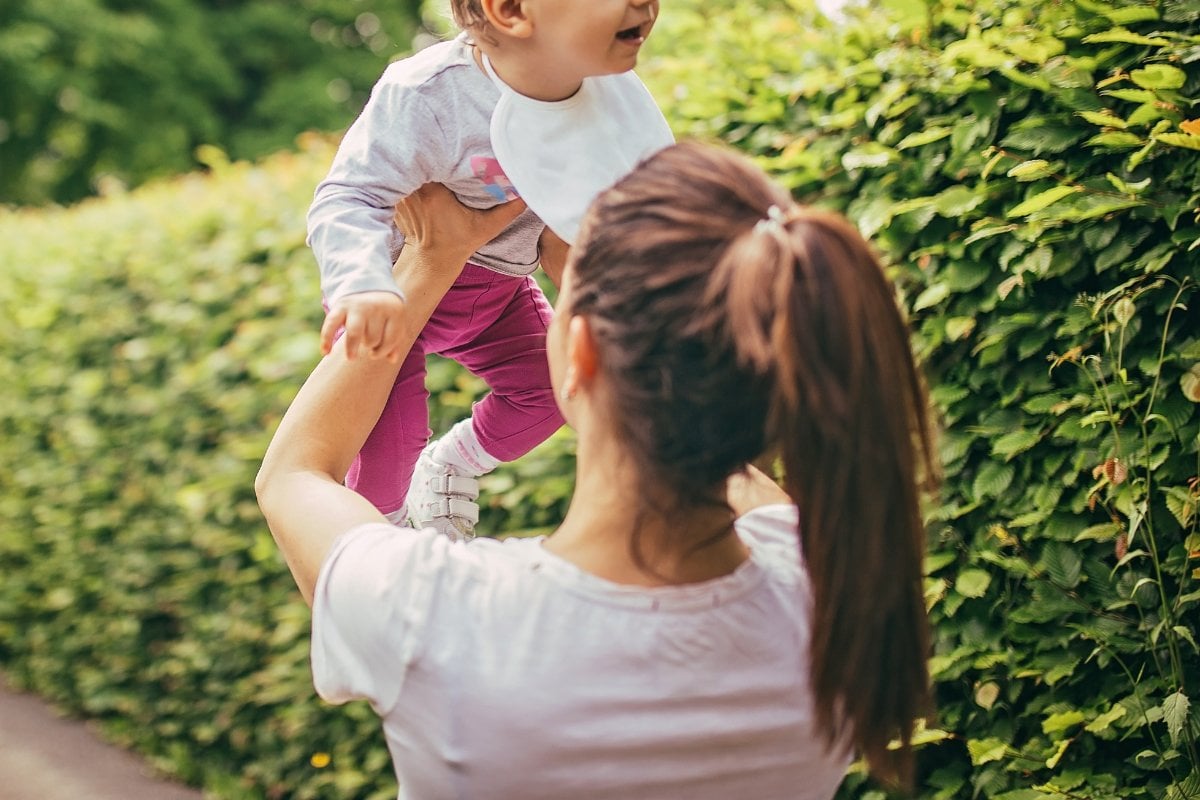
The practice of hiring teen babysitters is dying out. Parents don't seem able to put their trust in teens while adolescence seems more serious and pressured than ever.
Qualified nannies or early childhood educators now dominate the babysitting space - but don't call it babysitting. Childcare is formalised to the point that one year olds are getting report cards and toddlers are learning Spanish.
Babysitters - one of the last vestiges of a parent's 'village' - are quickly disappearing but does it matter? Are we unable or unwilling to resurrect this pillar of support?
Watch: This Glorius Mess, Little Kids and Big Kids. Post continues below.
Born in 1990 I was one of the last generations in which having a teen baby sitter was a relatively common experience in Australia.
By the time I hit high school in 2002 next to none of my classmates were in the babysitting business. We increasingly spent our time on intensive study or higher paying formal work considered more 'impressive' on a resume.


Top Comments